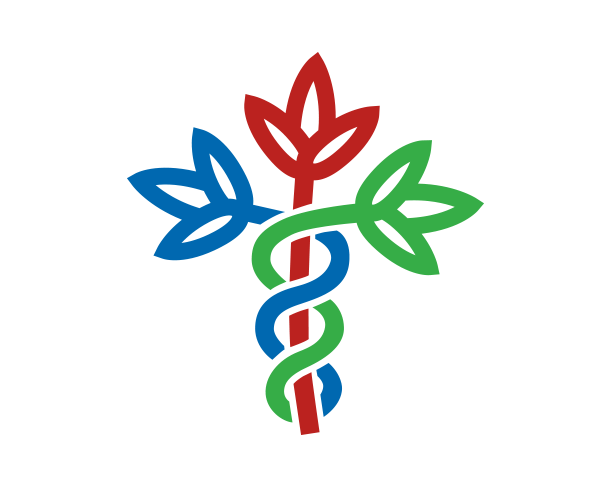Help people of all ages to communicate
Speech-language pathologists (SLPs) are experts in assessing and treating speech, language and swallowing disorders. They play a vital role in supporting individuals with communication challenges, enabling them to thrive in personal, educational and professional settings. SLPs work with diverse populations, from young children learning to speak to older adults recovering from neurological conditions. SLPs’ expertise enhances lives by fostering effective communication and independence.
Become an advocate for connection
The MHSc in speech-language pathology at the University of Ottawa prepares graduates to work in multiple settings, including hospitals, schools, rehabilitation centres and private practices. Through evidence-based learning and structured/supervised clinical placements, students gain the skills needed to support individuals with speech, language and swallowing challenges. Graduates are equipped to deliver targeted, patient-centred care and to collaborate with interdisciplinary teams in both English and French.






